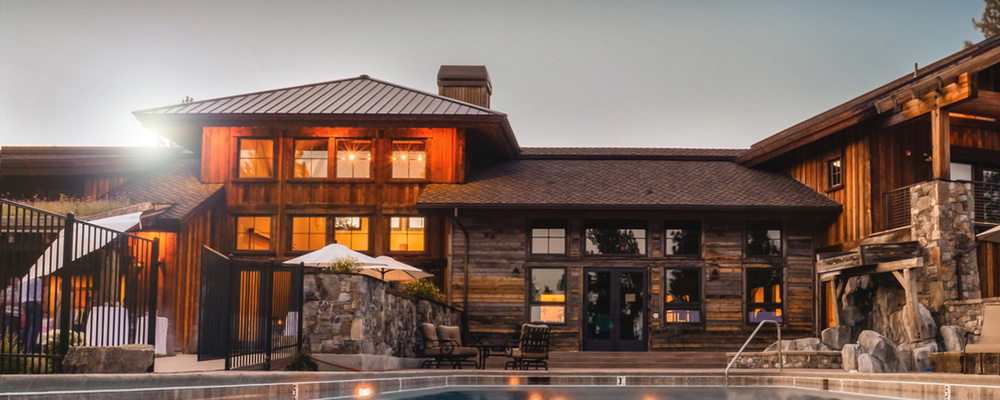How much do solar panels cost? What components do you need in your system? Should you have a battery or tie into the local electricity grid? We have the answers! The purpose of this article isn’t to make you an expert on residential solar installations, but to give you a broad overview so that you can have an educated discussion with your local solar contractor.
We will go over:
- The economics
- The components in a residential solar panel system
- Your options for tying into the local utility grid
With no government subsidies or incentives, an on-grid solar panel system for the average home would cost somewhere between $15,000 – $25,000 in North America. The actual cost would depend on factors such as how much sun your location gets, the orientation and shading of potential solar panel mounting locations, and your electricity usage. Here is a handy chart to help you determine roughly how much a solar panel system for your house would cost.

A solar panel system has three parts to it: the panels, an inverter, and installation accessories. The solar panels (Click Here to learn more) are the components that convert sunlight into electricity. An inverter converts direct current electricity to alternating current. This is important as electricity in most parts of the world are delivered by alternating current. The installation accessories are the parts needed to mount and wire the solar panel system. In some cases, a battery is also required for electricity storage. If you are working with a solar contractor, they will typically take ownership for procuring these products.
A residential solar panel system can be either “on-grid” or “off-grid” (Click Here to learn more about “on-grid” and “off-grid” systems). If you system is “on-grid” (ie. connected to the local utility company) then a battery is not required since you can draw power from the utility if needed. If your system is “off-grid” then battery storage becomes a must. We recommend that home owners install an “on-grid” system if possible as it is more economical, gives the home-owner the option to sell their electricity, and provides peace of mind as your system will automatically switch to the local utility if your panels are not producing enough power.
What should your next step be if you want to install a solar energy system? The best route is to contact a local solar contractor and get a free quote. Most contractors will handle everything from applying for construction permits to sourcing the solar components and installing them.
